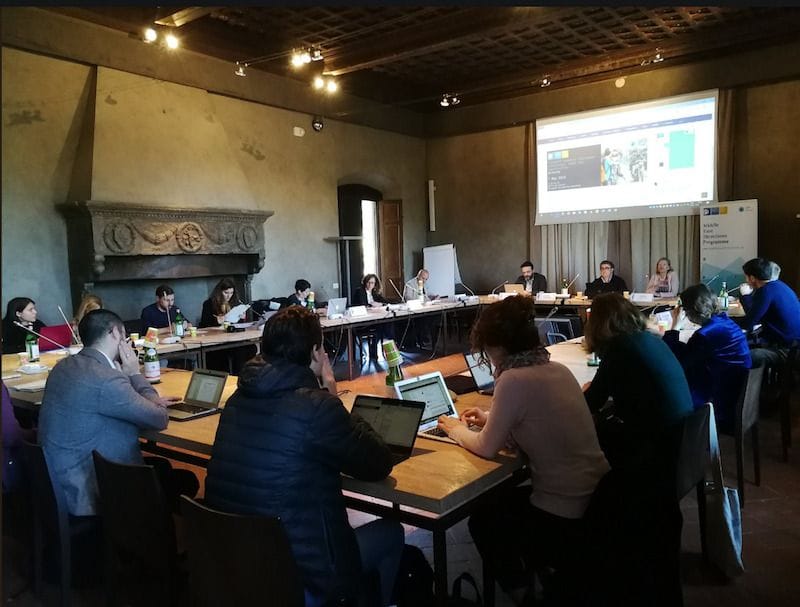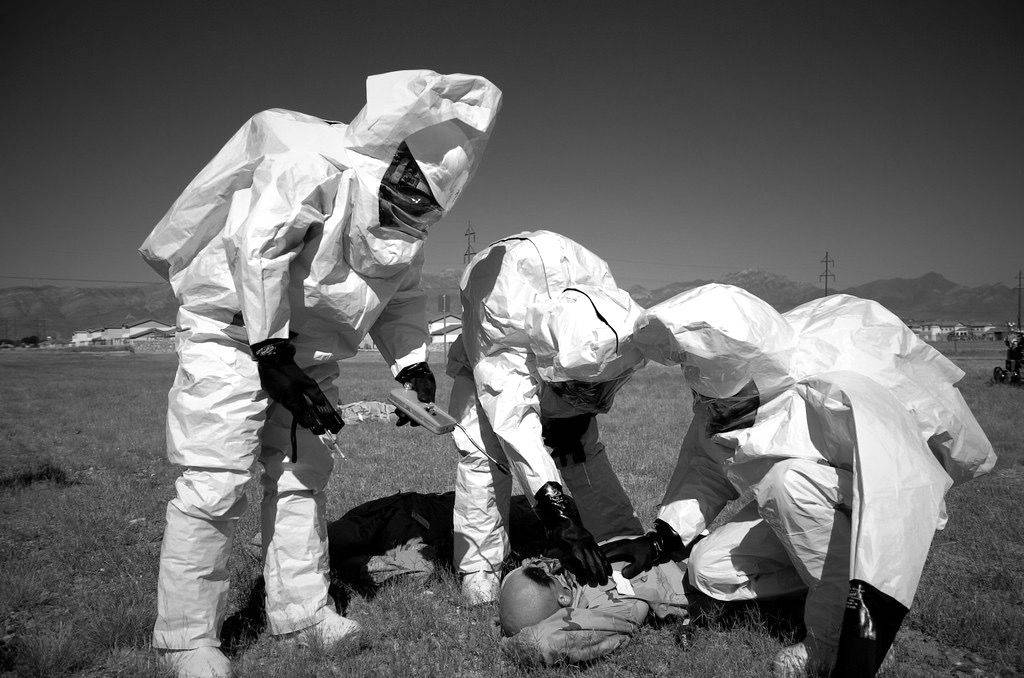Scholars are increasingly aware that fieldwork research in conflict-prone, politically unstable or authoritarian areas can pose specific risks. To respond, at least in part, to such risks, academic institutions have introduced new regulations and restrictions. While it is imperative that safety and security are taken seriously, it is a fact that emerging regulations are often contradictory, imported from other research fields without an assessment of their impact and likely to unevenly affect research agendas. At the same time technological developments disclose new opportunities for digital ethnography, data analysis and storage, but also generate new forms of control and surveillance, thereby raising questions about the ethical and professional implications of relying on open-source data mining.
As the conditions for the (re)production of knowledge are exposed to unprecedented stressors, challenges and opportunities, scholars at the European University Institute’s Middle East Directions Programme (EUI), Scuola Superiore Sant’Anna (SSSA) and Scuola Normale Superiore (SNS) have promoted since January 2017 opportunities of exchange with a view to identifying needs, setting common expectations and building a collaborative platform on these themes. Such aspects have been the focus of a recent joint workshop on May 7, 2019. This post provides a summary overview of the discussions held in this circumstance.
The introductory remarks set the stage for the discussion, arguing that, while ethic compliance procedures are becoming ever more prominent in research funding schemes, rigid risk assessment and mitigation measures are sometimes contradictory with their own purpose, thereby highlighting the need to find the right balance between the demand for replicability and transparency of research with data protection and duty of care. With challenges to academic freedom, freedom of speech and press arising not only outside of Europe, the need for training and capacity building on ethnographic methods in the social sciences has become compelling, also with a view to emphasizing the specificity of scholars vis-à-vis other fieldworkers doing things akin to research (including journalists, consultants, intelligence, etc.). In this context, a gender-sensitive attitude should be factored in, as female researchers are often exposed to specific risks compared with their male counterparts—raising the question of how to avoid a patronizing attitude while ensuring reasonable duty of care.
The first panel focused on restrictions affecting fieldwork and the consequences for knowledge production. Speaking from a social-anthropology perspective, Luigi Achilli (EUI) emphasized the challenge posed by moral dilemmas, especially given the difficulty of disentangling personal relationships from one’s own research, and the uneasy balance between confidentiality, trust, and responsibility. However, no golden rule exists in this regard, and there is a need for flexibility. In his experience, four main points have been useful to tackle such issues: (1) being visible and transparent, disclosing the researcher’s identity and the purpose of your research; (2) staying clear of committing criminal acts–even if you are studying criminality; (3) protecting the safety of the researcher and that of the informants; (4) using common sense to assess situational contingencies in the field. Moreover, Alessandra Russo (Sciences-Po Bordeaux and SSSA) shared some remarks on the increasing bureaucratization of fieldwork. She noted that institutional review boards—though existing since the 1960s—are now framed in the language of risk (“risk management”, “risk assessment”, and so forth), upholding a logic of new public management, with performance measurement and indicators. In this context, duty of care templates originally developed for international organizations and transnational corporations have ended up being transferred to the academic field in an uncritical fashion. She also pointed out how out-sourcing mechanisms are increasingly employed delegating risk-assessment to consultancies. Along the same lines, the contribution from Alice Mattoni (University of Bologna) expanded on the problematic mechanisms of ethical review committees, explaining how much emphasis they lay on risk anticipation and prevention, envisioning what-if scenarios and hypothetical reactions. However, this pre-emptive perspective might have various shortcomings, inasmuch as it reduces field awareness and underplays the situational nature of ethical dilemmas. Moreover, Ester Sigillò (EUI), who conducted fieldwork on Islamic activism in a post-authoritarian setting, i.e. Tunisia, observed how different the procedures envisaged by distinct institutions were—in some cases looser, in other cases very constraining. Among the most attention-worthy challenges, she mentioned the contradiction existing between the requirement of transparency; the need protect the security and identity of the informants; how to reciprocate towards one’s informants. She thus highlighted that written informed consent templates and full disclosure of the research framing should in some cases be adopted with reasonable flexibility precisely with a view to complying with the overarching principle of doing no harm. Finally, the first panel was closed by comments sent by Roger MacGinty (Durham University, who could not attend the meeting in person), who noted that the research chain had grown well beyond the relatively linear relationship between a supervisor, a researcher and a researched, with the addition of new managerial roles frequently outsourced to non-academic “experts” which makes academic research increasingly bureaucratized and heavy.

The second panel addressed the emergence of new avenues and opportunities for field research. Benoît Challand (SNS) illustrated alternative modes ethnographic research, such as the re-spatialization of fieldwork (for instance, engaging Palestinians living in Israel, in refugee camps or abroad, rather than in Palestine only) with a view to breaking away from methodological nationalism; and the reliance on local research partners, which contributes to decolonizing academic discourses and developing a multi-directional knowledge production, while also raising additional issues with respect to duty of care. Another alternative method of research was detailed by Ed Stoddard (SSSA and University of Portsmouth): taking advantage of new digital technologies to carry out OSINV (open-source investigation), without traveling to hazardous sites. While open-source approaches can provide the researcher with a wealth of valuable material, they are not exempt from methodological, ethical, and reputational perils: among others, the risk of gaining a decontextualized, superficial understanding of the researched topic; that of feeding into online surveillance; or that of stumbling upon ‘sockpuppets’ (just think of fake accounts on online forums). Virginie Collombier (EUI) observed that large data availability per se is not tantamount with a thorough understanding of a given phenomenon. Various forms of ‘distant fieldwork’ are possible, such as using Whatsapp or Telegram to communicate with individuals on site, yet acquiring reliable sources, as well as establishing trusted relationships, generally implies having spent some time on the ground. Moreover, not all the individuals involved may accept to remotely provide information, and even supposedly secure communication tools are at risk of being hacked by security agencies. Lastly, Alessandro Tinti (SSSA) offered further insights by relating his experience at the crossroads between research and activism, with a focus on political ecology. Volunteering for the NGO UPP in North Iraq proved crucial to gain access to gate-keepers and pre-established social networks, not only as a way to develop insights on safety-measures and context-related sensitivities but also as an opportunity to give back and contribute to the local community.
A few highlights have emerged from the debate that ensued the two panels. First of all, legality does not necessarily coincide with ethics and, in some instances, a tension between the two dimensions may emerge. Secondly, as every institutional affiliation is politically connoted, researchers, too, are political subjects, and their positionality should not to be forgotten. Thirdly, the ‘do-no-harm’ principle is paramount, but it remains hard to measure and assess (e.g., how can long-term externalities be evaluated?), while its compatibility with the requirements of transparency, data availability and replicability are not to be taken for granted. From this perspective, additional questions relate to how non-Western informants and research partners should be engaged.
In conclusion, the participants agreed to promote and broaden the discussion on the best practices to address the emerging challenges of site-intensive social science research with a view to engaging policy-makers, research funding institutions, universities, and researchers themselves in order to further mitigate any problems encountered by researchers in the field.
Acknowledgements
Cover photo: "Hazmat Suits" by Steve Steveaux is licensed under CC BY-NC-SA 2.0
Inline photo by Laura Berlingozzi
